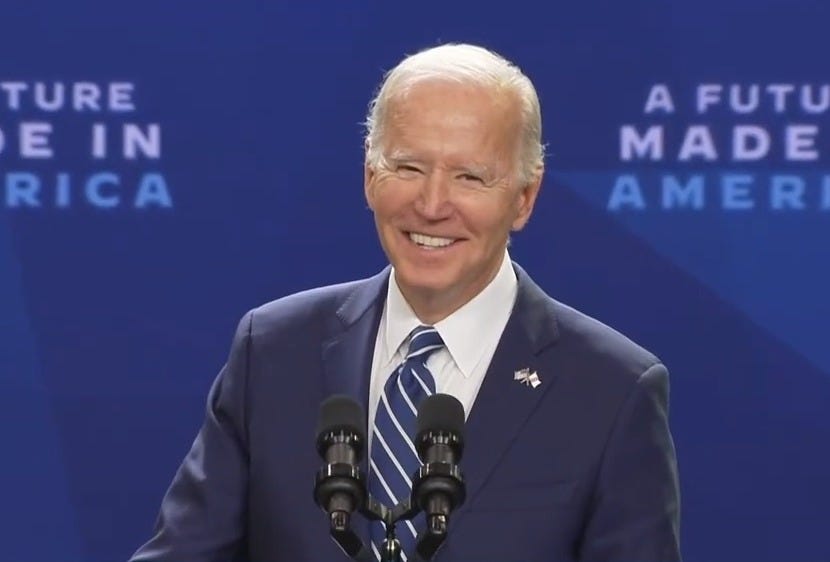Climate change is the defining health challenge of our time. Research suggests there will be an additional 14.5 million deaths from climate change by 2050—that’s approximately one person every minute.
This is not an anticipated threat we will face in the future. Its consequences are being felt now and cannot be ignored. This year, extreme heat fuelled by the climate crisis in Saudi Arabia killed more than 1,300 during the Hajj pilgrimage. Severe drought has plunged millions in southern Africa into a hunger crisis. Air pollution, made worse by fossil fuels, endangers 99% of the world’s population.
Across the world, it is evident that climate change is threatening lives and impacting the health of millions of others. New research shows that this is a top concern for 91% of global citizens.
As representatives from the global health community, we know the pace of this crisis is rapidly outrunning efforts to adapt. Nearly half of the global population already live in areas highly vulnerable to climate change. We need immediate action to help them become more resilient—or we face dire consequences. If action persists being delayed, the collapse of healthcare systems, widespread food and water shortages, and mass displacement will become our new reality.
There is simply not enough money being invested to help communities and local healthcare systems adapt to the health threats of climate change. Alarmingly, there is currently a staggering $366 billion finance gap when it comes to annual funding for climate adaptation, with less than 5% of climate adaptation finance being allocated to projects that protect or improve health. And worse still, the funding that is available is too difficult and complex for countries and local communities to access.
At COP28, health was on the agenda for the first time with the first-ever thematic health day. Now, we need urgent mobilization to turn rhetoric into action. Every $1 invested in health delivers up to $4 in economic returns. Good health is at the heart of thriving communities.
Join us on our mission to protect those most at risk. We need to fast-track flexible finance for climate-vulnerable communities to increase their resilience—and the resilience of their health care systems—against the life-threatening impacts of climate change. Local communities with the know-how of what works on the ground must be central in delivering these projects—and we must support them through the quick evaluation of adaptation efforts so we can learn quickly and understand what works. We must build new and complementary mechanisms to directly channel funds to these crucial adaptation efforts.
If we fail to seize this rapidly closing window of opportunity, we risk undoing decades of investment and progress. By COP29, we must agree on a new collective quantified goal on climate finance that supports health. We must also reevaluate our strategic approach to funding adaptation by measuring the impact on health outcomes. We need to ensure that the children born today have the chance to live a long and healthy life. We cannot stand by as the climate crisis continues to threaten lives, disrupt livelihoods, and destroy our only planet.
It’s time for action. It’s time to adapt.
More must-read commentary published by Fortune:
The opinions expressed in Fortune.com commentary pieces are solely the views of their authors and do not necessarily reflect the opinions and beliefs of Fortune.







































































